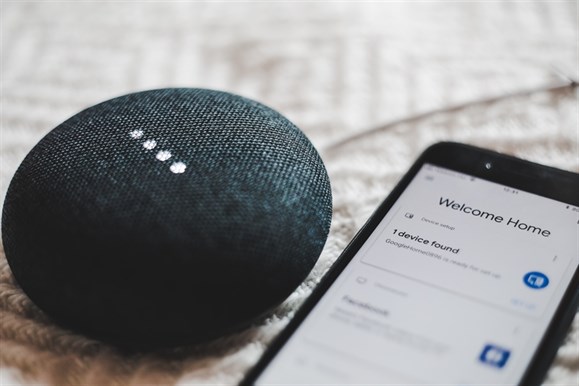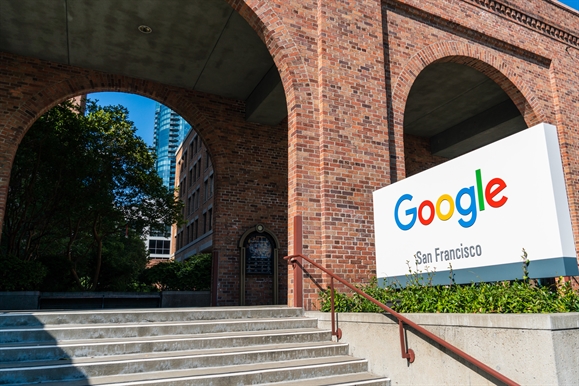-
SEO & PPC
Hotel SEO is a Lot Easier and Cheaper in 2018
For many hoteliers, the process of ‘Search Engine Optimization' (that is, getting your hotel site to rank well and generate clicks from search engines) is shrouded in mystery. Such a daunting task must require some technical wizardry, complex calculations, or outright magic tricks. And it must be expensive.
The truth is that Google doesn’t care about SEO or how much you’ve spent on it. If Google had its way, ‘SEO’ would not even be a term in our vocabulary.
What Google cares about is relevancy and quality. When someone searches for “boutique hotels in Poughkeepsie, NY”, Google wants to give them the results that are most likely to satisfy their desires, not the results from whoever has invested the most in ‘SEO’ or cunning tactics to rank higher.
Does this mean that hotel ‘SEO’ services are nothing more than snake oil? In some cases, yes: agencies prey on clients who are in the dark about what SEO really involves, charging exorbitant fees for nothing other than the dubious assurance that they’ll save your site from sinking into oblivion.
Overall, however, when it’s done properly and transparently, optimizing for search engines is still extremely important. We just need to change the way we think about it.
There’s no question that to be successful you must cater to the criteria that Google uses to crawl, index, and rank websites. The point is that it’s a lot more straightforward than many people think: it’s more common sense than code and calculations.
Most SEO is Built into Your Site, not Performed After the Fact
The most important ‘SEO’ takes place when your website is designed and built. What you do at this stage often has the biggest influence on how you rank over time.
This doesn’t mean you can simply ‘set and forget your website and expect it to perform at the same level forever. But it does mean that by investing upfront in a website that checks all the boxes, you can save yourself a lot of money and hassle over the years to come.
Taking into account trends for 2018, here are some important things to consider when building your hotel website with SEO in mind:
If People Truly Enjoy Your Website, You’ll Rank Better
Google used to be a lot dumber. In the past, the only way that Google could determine whether a website was relevant was through the words contained in the written content of the site.
Google is now much smarter—go figure. They are now using what they call RankBrain to evaluate sites.
RankBrain looks not just at your website but at the way people interact with your site. The longer they stay on your site and the more pages they visit (i.e. their level of engagement) the higher Google is likely to rank your site.
So you want to build a site that’s interesting, fun and makes people want to engage with it.
If You Include Video, You’ll Rank Better
An increasingly important tool for fostering engagement is video, largely because it makes people stick around longer on your site. A recent study shows that 43% of users would like to see more video content on websites. When you give the people what they want, Google’s RankBrain tends to make it pay off.
Here are a couple of examples of our hotel website clients with video front-and-center: ex. 1 and ex. 2
If Your Website Performs Well on Mobile, You’ll Rank Better
Here’s a striking stat from Google: 88% of travelers shopping for hotels on their smartphone will switch to another site if they feel your site doesn’t satisfy their needs.
To put that in context, we’re not talking about whether your hotel satisfies their needs, we’re talking about how they feel about your site. You could be offering an all-inclusive stay in a presidential suite for $50 a night, but if they don’t like your site, they won’t stick around to find that out.
So there’s no question about it: you need to give guests a great mobile experience. But the reasons for it run deeper than just user experience.
Google will actually penalize sites that aren’t mobile-friendly. So you risk not only your ability to convert guests but also your ability to show up in their Google search in the first place.
Keywords Are Still Important, But They're an Art Not a Science
With all that's changed in the way Google crawls and ranks sites, one of the most important factors is still the textual content and meta-content of your website.
Ensuring that you carefully research and determine the most advantageous long-tail keywords to include on your site is absolutely crucial. These search terms should be specific to your target demographic and geographic areas. People of different ages, desires, and income levels will search using different words, as will people from different regions of the world.
When it comes to incorporating these keywords into your site, however, it's all about how you do it rather than how frequently. The days of stuffing your site will all kinds of keyword phrases are long, long gone. Today, Google not only looks for keywords, but it measures the quality and relevancy of the content as well.
Besides, if your keyword phrases are incorporated awkwardly, it will drive people off of your site, lower your time on site, raise your bounce rate and reduce rankings even further. Just another example of how holistic the SEO mix is: if you cut corners on one element, it brings other elements down with it.
I’ve Already Launched the Perfect Website—What Kind of SEO Can I Do Now?
Once your website has launched and is firing on all cylinders, the work is not over. But what exactly needs to be done now? Can you do it yourself or do you need an agency to help? How do you keep from falling into the trap of paying high “ongoing SEO” fees to an agency for work that you’re not sure about?
Stay tuned for our next blog post focusing on the most effective ongoing SEO strategies for hotels. And if you have any questions about SEO, don’t hesitate to give us a call here at Digital Hospitality. We’re always happy to chat.
Keep Reading
 Prev Post
Prev Post 



 Back to Blogs
Back to Blogs













































